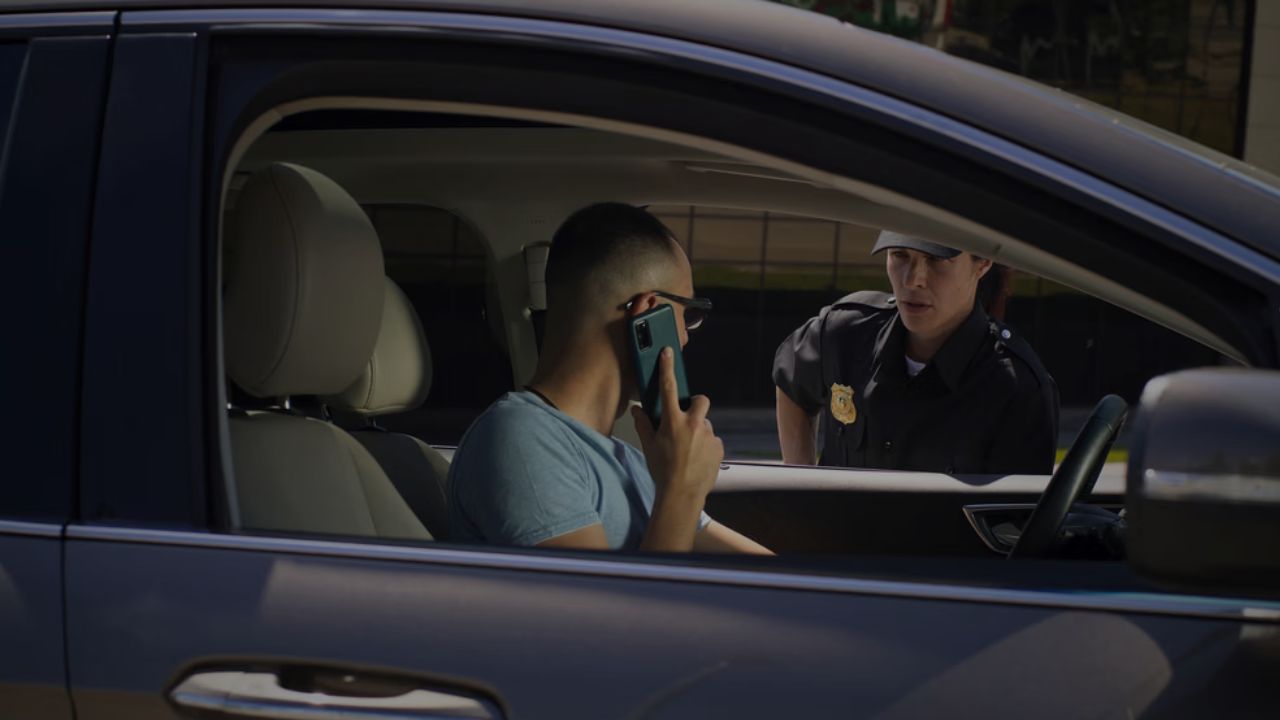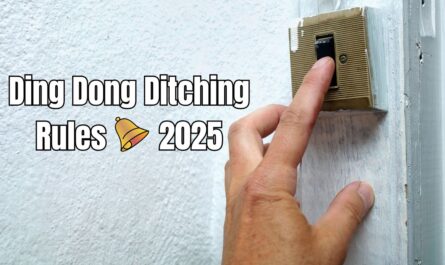Baton Rouge, LA — Louisiana drivers often wonder about their rights when it comes to cellphone use laws and police authority during traffic stops. As of August 2025, police cannot search your phone simply because you were stopped for a cellphone or wireless device violation.
Recent legislation, House Bill 519, specifically addresses distracted driving and bans most uses of handheld devices while operating a vehicle. However, lawmakers made sure that this law could not be used as a gateway for unjustified searches.
What the New Law Says
Under the updated statute, an officer can observe you, issue a citation—or, until 2026, a warning—if you’re seen texting, holding, or otherwise improperly using a phone while driving. But that’s where their authority ends for that violation.
According to Huron Insider’s coverage of the bill, police cannot search, seize, view, or demand the forfeiture of your phone during a stop for suspected distracted driving. They also cannot use the violation as a pretext to search you, your passengers, or your vehicle.
When Police Can Search Your Phone
For an officer to lawfully search your phone during a traffic stop in Louisiana, they must have legally recognized grounds beyond the phone violation itself. Examples include:
- Probable cause linked to another crime
- A valid search warrant
- Your explicit consent
“The Fourth Amendment is clear—digital devices hold sensitive personal data, and searching them generally requires a warrant or clear probable cause,” legal experts explain. “Louisiana’s law reinforces these protections at the state level.”
This means that if your phone is unrelated to any suspected criminal activity, you have the right to refuse any search request.
Your Rights During a Traffic Stop
During a lawful stop, you must provide:
- Driver’s license
- Vehicle registration
- Proof of insurance
You are not required to:
- Hand over your phone
- Unlock your phone
- Provide passwords or passcodes
If an officer asks to see your phone, you can politely say:
“I do not consent to a search of my phone.”
Possible Exceptions
Police can expand a stop if there is clear evidence of another offense—such as visible contraband, the smell of illegal substances, or immediate danger to public safety. In those cases, they might have grounds to seize or search devices as part of a broader investigation.
However, without probable cause, a phone violation alone will not justify a search.
Read Also: 10 Small Towns in Maryland So Affordable, You Can Live on Social Security Alone
Why This Matters for Drivers
The inclusion of explicit limits in HB 519 was a direct response to concerns over police overreach. Legislators wanted to prevent routine distracted driving stops from becoming fishing expeditions into a driver’s private life.
For Louisiana motorists, understanding this distinction is crucial. While the state has tightened its rules on cellphone use behind the wheel, it has also strengthened privacy protections.
Final Takeaway
Louisiana law is clear: a cellphone use violation during a traffic stop does not grant police the authority to search your phone. Your rights are backed by state law and the U.S. Constitution. Unless there’s probable cause for a different crime or you consent, officers cannot look through your device.
Do you think Louisiana’s phone law strikes the right balance between safety and privacy? Share your thoughts in the comments, and explore more legal rights and safety updates at ibwhsmag.com.


 by
by 

